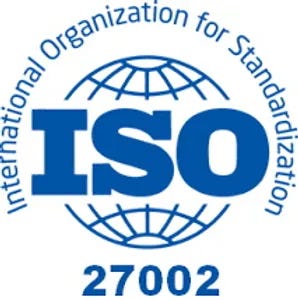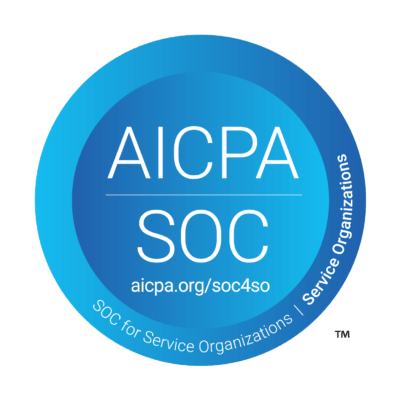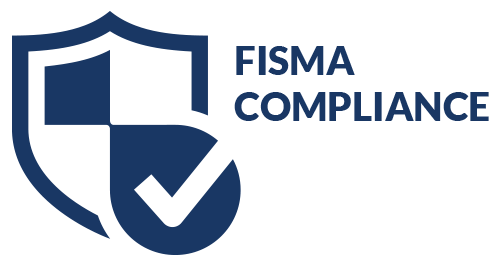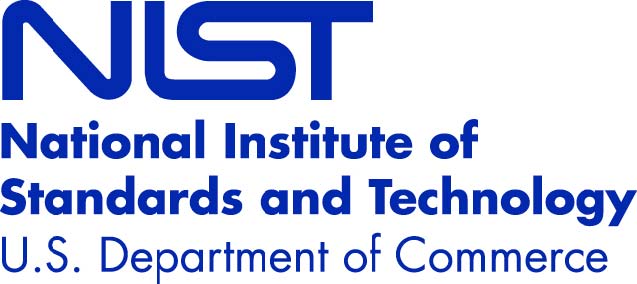TSI’s Talent Development leaders recognize the need to go beyond diversity, equity, and inclusion (DEI) to focus on fostering a sense of belonging in employees. According to the Academy to Innovate HR, being diverse, equitable, and inclusive is not enough to create a work environment that helps people get the best out of themselves. It will, therefore, not be fit for the new era of work. Even a workplace that has every intention of being diverse, equitable, and inclusive sometimes fails to retain employees from underrepresented groups because they don’t feel like they belong. Belonging at work adds to the DEI equation. Belonging in the workplace brings a shift toward psychological safety and real
According to the 2021 Culture Report from the Achievers Workforce Institute, belonging is a critical factor for organizational success (Baumhartner. N. (2021). Belonging at Work 2021 Culture Report. Achievers Workforce Institute):
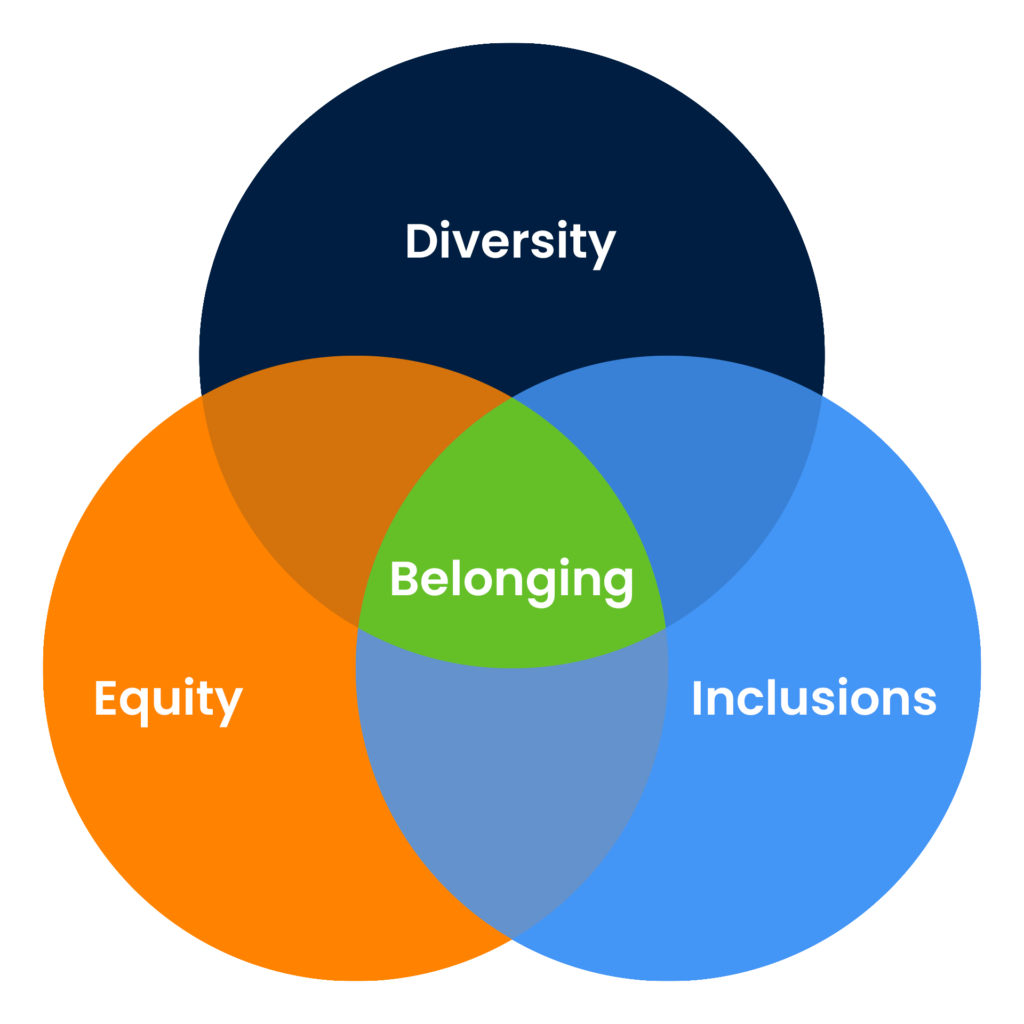
- It positively affects retention. Some 40 percent of respondents with a strong sense of belonging rarely think about looking for a job elsewhere, versus 5 percent of respondents with a low sense of belonging.
- It boosts productivity. Some 45 percent of respondents with a strong sense of belonging say they are their most productive self at work. Only 6 percent of those with a low sense of belonging say that.
- It’s the best kind of employer branding. Some 51 percent of respondents with a strong sense of belonging would recommend their company as a great place to work, versus 4 percent of those with a low sense of belonging.
Prioritize Social and Emotional Learning (SEL)
At TSI, the path to fostering a sense of belonging among employees is found through Social and Emotional Learning (SEL), which is the process through which people acquire and apply the knowledge, capabilities, and attitudes to develop healthy identities, manage emotions, feel and show empathy for others, establish and maintain supportive relationships, and make responsible and caring decisions. Empathy and respect for each person’s divergent experiences is intrinsic when employees have strong social and emotional intelligence. This leads to a diverse, equitable, and inclusive workplace where employees communicate effectively, resolve conflict, and live each day with a sense of belonging.
To create a culture of belonging, TSI’s Talent Development leaders believe that an organization must prioritize and invest in SEL. There are many ways to reach this ultimately important goal, including:
- Prioritize SEL training and experiences:Use methods such as observational journaling to help employees develop self-awareness, and prioritize training on the aspects of social and emotional intelligence. Create a peer mentorship program that strives to encourage SEL behaviors.
- Shatter the stigma around therapy for leaders:Studies show that talk therapy is a valuable tool for leaders who are looking to improve their skills and effectiveness (Shaw, J., & Duffy, M. K. (2017). The impact of psychotherapy on leadership effectiveness: A meta-analysis. Journal of Applied Psychology, 102(10), 1859-1872). Therapy can raise self-awareness, uncover unconscious biases, and help leaders to recognize their own countertransference.
- Encourage leaders to learn about tools such as Motivational Interviewing (MI):MI is a powerful communication tool that can be used to encourage social and emotional intelligence. By helping people to understand their emotions, build better relationships, and make better decisions, MI can help people to live happier, healthier, and more fulfilling lives.
- Model SEL behaviors:Employees are more likely to adopt SEL behaviors if they see their leaders modeling them. Ensure that leaders are demonstrating SEL behaviors in their own work. This includes being respectful, listening to others, and resolving conflict constructively.
- Recognize and celebrate SEL successes:When employees demonstrate SEL behaviors, be sure to celebrate their successes. This will help to reinforce the importance of SEL and to motivate employees to continue developing their SEL skills.
- Create a culture of empathy and compassion:Encourage employees to be understanding and supportive of each other and create a workplace where employees feel safe to share their feelings. Create a workplace where employees feel valued, respected, and supported. This can be done by providing opportunities for professional development, by offering flexible work arrangements, and by creating a workplace that is free from harassment and discrimination.
Taking Care of Each Other at TSI
TSI’s leadership team lives this best practice every day by defining one of the organization’s core values as “We Take Care of Each Other.” TSI Vice President of Talent Development and Training Tiva Abreu leads her team to build training programs that center around the organization’s vision, mission, and culture. Abreu has partnered with TSI President Joel Petersen and other senior leaders to innovate an organizational strategy to “Be the Brand” that promotes cross-departmental collaboration and a one-team culture of belonging that drives growth and new opportunities for employees across TSI’s diverse working community.
